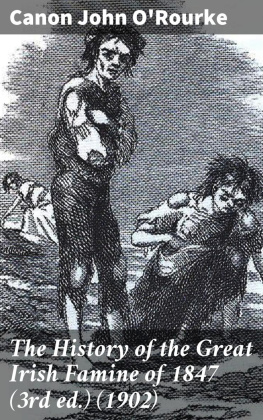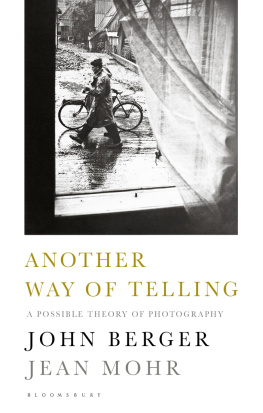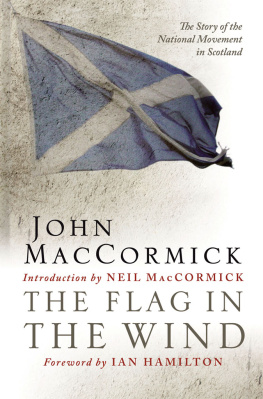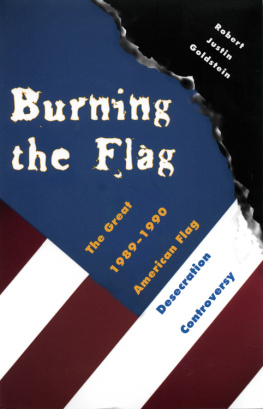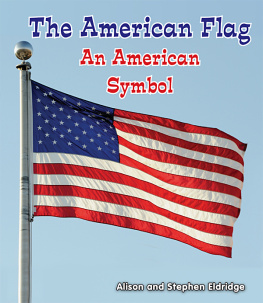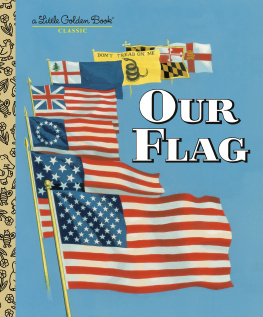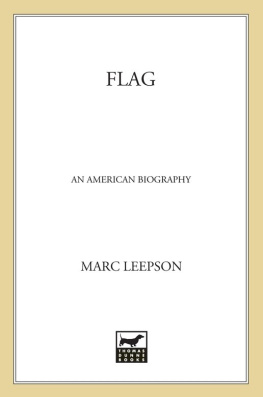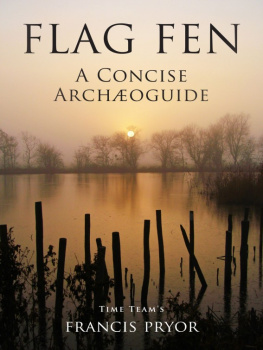INTRODUCTION
After a long still-hunt in Tokio, and a long pursuit through Manchuria, following that Sun-Flag of Japan, I gave up the chase at Liao-Yang.
Not being a military expert, my purpose was simply to see under that flag the brown little "gun-man"as he calls himself in his own tonguein camp and on the march, in trench and in open field, in assault and in retreat; to tell tales of his heroism, chivalry, devotion, sacrifice, incomparable patriotism; to see him fighting, woundedand, since such things in war must bedying, dead. After seven months my spoils of war were post-mortem battle-fields, wounded convalescents in hospitals, deserted trenches, a few graves, and one Russian prisoner in a red shirt.
Upon that unimportant personal disaster I can look back now with no little amusement; and were I to re-write these articles, I should doubtless temper both word and spirit here and there; but as my feeling at the time was sincere, natural, and justified, as there is, I believe, no over-statement of the facts that caused it, and as the articles were written without malice or the least desire to "get even"I let them go, as written, into book form now.
No more enthusiastic pro-Japanese than I ever touched foot on the shores of the little island, and no Japanese, however much he might, if only for that reason, value my good opinion, can regret more than I any change that took place within me when I came face to face with a land and a people I had longed since childhood to see.
I am very sorry to have sounded the personal note so relentlessly in this little book. That, too, was unavoidable, and will, I hope, be pardoned.
John Fox, Jr.
Big Stone Gap, Virginia.
FOLLOWING THE SUN-FLAG
FOLLOWING THE SUN-FLAG
I
THE TRAIL OF THE SAXON
An amphitheatre of feathery clouds ran half around the horizon and close to the water's edge; midway and toward Russia rose a great dark shadow through which the sun shone faintly. Such was the celestial setting for the entrance of a certain ship some ten days since at sunset into the harbor of Yokohama and the Land of the Rising Sun; but no man was to guess from the strange pictures, strange people, and jumbled mass of new ideas and impressions waiting to make his brain dizzy on shore, that the big cloud aloft was the symbol of actual war. No sign was to come, by night or by day, from the tiled roofs, latticed windows, paper houses, the foreign architectural monstrosities of wood and stone; the lights, lanterns, shopstiny and brilliantly lit; the innumerable rickshas, the swift play under them of muscular bare brown legs which bore thin-chested men who run open-mouthed and smoke cigarettes while waiting a fare; the musical chorus of getas clicking on stone, mounted by men bareheaded or in billycock hats; little women in kimonos; ponies with big bellies, apex rumps, bushy forelocks and mean eyes; rows of painted dolls caged behind barred windows and under the glare of electric lightsexpectant, waiting, patienthour by hour, night after night, no suggestion save perhaps in their idle patience; coolies with push carts, staggering under heavy loads, "cargadores" in straw hats and rain coats of rushes, looking for all the world like walking little haycocksno sign except in flags, the red sunbursts of Japan, along now and then with the Stars and Stripesflags which, for all else one could know, might have been hung out for a holiday.
For more than a month I had been on the trail of the Saxon, the westward trail on which he set his feet more than a hundred years ago, when he cut the apron-strings of Mother England, turned his back on her, and, without knowing it, started back toward her the other way round the world, to clasp hands, perhaps, again across the Far East. Where he started, I started, too, from the top of the Cumberland over which he first saw the Star of Empire beckoning westward only. I went through a black tunnel straight under the trail his moccasined feet wore over Cumberland Gap, and stopped, for a moment, in a sleeper on the spot where he pitched his sunset camp for the night; and the blood of his footprints still was there.
"This is a hell of a town," said the conductor cheerfully.
I waited for an explanation. It came.
"Why, I went to a nigger-minstrel show here the other night. A mountaineer in the gallery shot a nigger and a white man dead in the aisle, but the band struck up 'Dixie,' and the show never stopped. But one man left the house and that was Bones. They found him at the hotel, but he refused to go back. 'I can't be funny in that place,' he said."
Now the curious thing is that each one of those three, the slayer and the slainthe Saxon through the arrogance of race, the African through the imitative faculty that has given him something of that same arrogance toward the people of other landsfelt himself the superior of any Oriental with a yellow skin. And now when I think of the exquisite courtesy and ceremony and gentle politeness in this land, I smile; then I think of the bearing of the man toward the woman of this land, and the bearing of the maneven the mountaineertoward the woman in our own land, and the place the woman holds in eachand the smile passes.
Along that old wilderness trail I went across the Ohio, through prairie lands, across the rich fields of Iowa, the plains of Nebraska, over the Rockies, and down into the great deserts that stretch to the Sierras. Along went others who were concerned in that trail: three Japanese students hurrying home from England, France, and Germany, bits of that network of eager investigation that Japan has spread over the globequiet, unobtrusive little fellows who rushed for papers at every station to see news of the war; three Americans on the way to the Philippines for the Government; an English Major of Infantry and an English Captain of Cavalry and a pretty English girl; and two who in that trail had no interesttwo newspaper men from France. I have been told that the only two seven-masted vessels in the world collided one night in mid-ocean. Well, these sons of Francethe only ones on their mission, perhaps, in broad Americacollided not only on the same train, the same sleeper, and the same section, I was told, but both were gazetted for the same lower berth. Each asserted his claim with a politeness that became gesticulatory and vociferous. Conductor, brakeman, and porter came to the scene of action. Nobody could settle the dispute, so the correspondents exchanged cards, claimed Gallic satisfaction mutually, and requested the conductor to stop the train and let them get off and fight. The conductor explained that, much as he personally would like to see the scrap, the law of the land and the speed of the Overland Limited made tarrying impossible. Without rapiers I have often wondered how those two gentlemen of France would have drawn each other's blood. Each still refused to take the upper berth, but next day they were friends, and came over sea practically arm and arm on shipboard, and arm and arm they practically are in Japan to-day.



